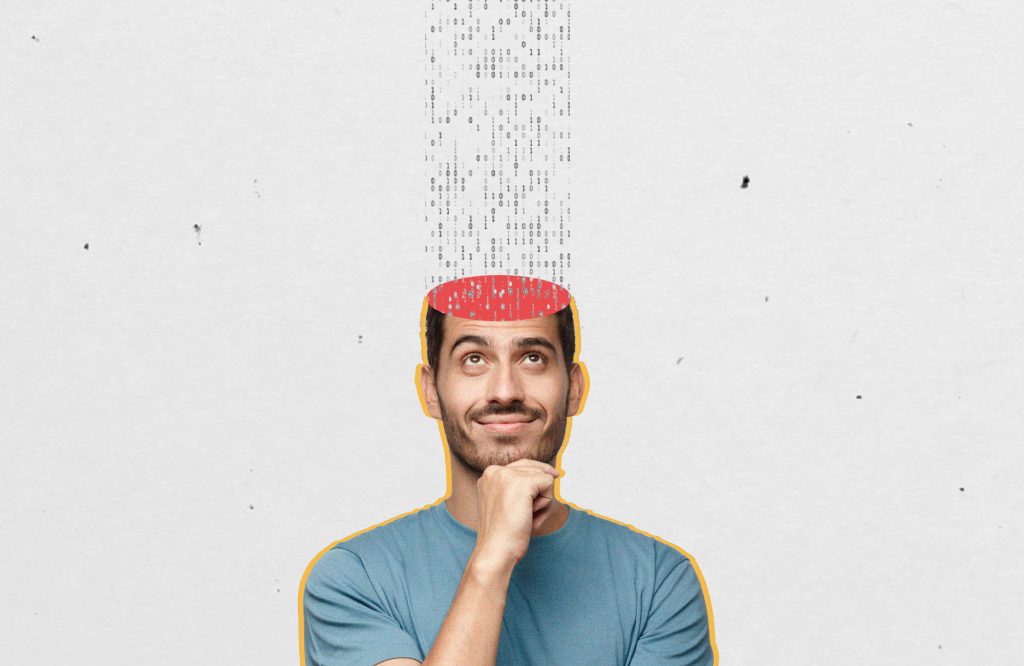Table of Contents
Critical thinking is a vital skill that enhances decision-making, problem-solving, and analytical abilities. It involves the ability to think clearly, rationally, and independently, assessing information objectively and making informed decisions. Developing critical thinking skills can benefit various aspects of personal and professional life, from academic achievements to everyday problem-solving. This article explores strategies to cultivate and strengthen critical thinking skills effectively.

1. Understand the Fundamentals of Critical Thinking
To develop critical thinking skills, it’s essential first to understand what they entail. Critical thinking involves several key components:
- Analysis: Breaking down complex information into manageable parts to understand the structure and relationships between elements.
- Evaluation: Assessing the credibility, relevance, and significance of information, arguments, or evidence.
- Inference: Drawing logical conclusions based on the available information and evidence.
- Reasoning: Applying logical principles to make coherent and consistent arguments or decisions.
Understanding these fundamentals provides a foundation for practicing and improving critical thinking skills.
2. Ask Questions
A critical thinker is curious and constantly questions information rather than accepting it at face value. Asking questions is a fundamental practice in developing critical thinking skills.
- Clarify: When presented with information or arguments, ask clarifying questions to ensure you understand the content and context fully. For example, “What are the main points of this argument?” or “Can you provide more details on this topic?”
- Challenge Assumptions: Question underlying assumptions and biases that may influence the information or argument. Ask, “What assumptions are being made?” and “Are these assumptions valid?”
- Explore Alternatives: Consider alternative viewpoints or solutions. Ask questions like, “What other perspectives might exist?” and “Are there other possible solutions to this problem?”
**3. Analyze and Evaluate Information
Critical thinking requires the ability to analyze and evaluate information thoroughly. Developing these skills involves:
- Examining Evidence: Scrutinize the evidence supporting a claim or argument. Ask, “What evidence is provided?” and “Is the evidence reliable and relevant?”
- Identifying Biases: Recognize potential biases or conflicts of interest that may affect the credibility of information. Assess whether the information is presented objectively or if there is a skewed perspective.
- Assessing Logical Consistency: Ensure that the arguments or conclusions drawn are logically consistent and free from contradictions. Evaluate whether the reasoning is sound and whether the conclusions follow logically from the premises.
4. Engage in Reflective Thinking
Reflective thinking involves examining your own thought processes and decisions critically. This practice helps improve self-awareness and enhances critical thinking skills.
- Self-Assessment: Regularly assess your own thinking patterns and decision-making processes. Reflect on how you arrive at conclusions and whether there are any cognitive biases influencing your judgments.
- Seek Feedback: Solicit feedback from others on your reasoning and decision-making processes. Constructive criticism can provide valuable insights into areas for improvement.
- Reflect on Experiences: After making decisions or solving problems, reflect on the outcomes and processes involved. Analyze what worked well, what could be improved, and how your thinking could evolve.

5. Develop Problem-Solving Skills
Critical thinking and problem-solving are closely linked. Strengthening your problem-solving abilities enhances your overall critical thinking skills.
- Define the Problem: Clearly define the problem or issue at hand. Understand the context and identify the key factors that need to be addressed.
- Generate Solutions: Brainstorm and evaluate potential solutions or approaches to the problem. Consider the pros and cons of each option and how they align with the goals.
- Implement and Review: Implement the chosen solution and review its effectiveness. Assess whether the solution addresses the problem and whether any adjustments are needed.
6. Engage in Continuous Learning
Critical thinking skills can be enhanced through continuous learning and intellectual engagement. Embrace opportunities to expand your knowledge and challenge your thinking.
- Read Widely: Read books, articles, and research papers on diverse topics to gain different perspectives and deepen your understanding of various subjects.
- Participate in Discussions: Engage in discussions and debates with others to explore different viewpoints and refine your reasoning skills.
- Take Courses: Enroll in courses or workshops focused on critical thinking, logic, or philosophy. These educational experiences provide structured opportunities to develop and practice critical thinking skills.
7. Practice Mindfulness and Emotional Regulation
Mindfulness and emotional regulation play a role in enhancing critical thinking by fostering clarity and objectivity.
- Mindfulness: Practice mindfulness techniques to stay present and focused. Being aware of your thoughts and feelings helps you approach problems and decisions with greater clarity.
- Emotional Regulation: Manage and regulate your emotions to avoid letting biases or emotional reactions cloud your judgment. Developing emotional intelligence helps maintain objectivity and rationality in your thinking.
8. Utilize Critical Thinking Frameworks
Applying structured frameworks and methodologies can support and enhance critical thinking.
- The Socratic Method: Use questioning techniques inspired by Socratic dialogue to explore complex issues and develop deeper understanding. This method involves asking a series of probing questions to challenge assumptions and stimulate critical discussion.
- Decision-Making Models: Apply decision-making models, such as cost-benefit analysis or SWOT analysis, to systematically evaluate options and make informed decisions.
- Critical Thinking Models: Utilize models like Paul and Elder’s Critical Thinking Framework or Bloom’s Taxonomy to guide your thinking process and enhance your analytical skills.

9. Conclusion
Developing critical thinking skills is a continuous and rewarding process that enhances decision-making, problem-solving, and intellectual growth. By understanding the fundamentals of critical thinking, asking insightful questions, analyzing and evaluating information, engaging in reflective thinking, and embracing continuous learning, individuals can cultivate and strengthen their critical thinking abilities. Incorporating mindfulness and utilizing structured frameworks further supports the development of these essential skills. Embrace the journey of improving critical thinking to make more informed decisions, solve complex problems, and navigate the complexities of the modern world with confidence and clarity.
